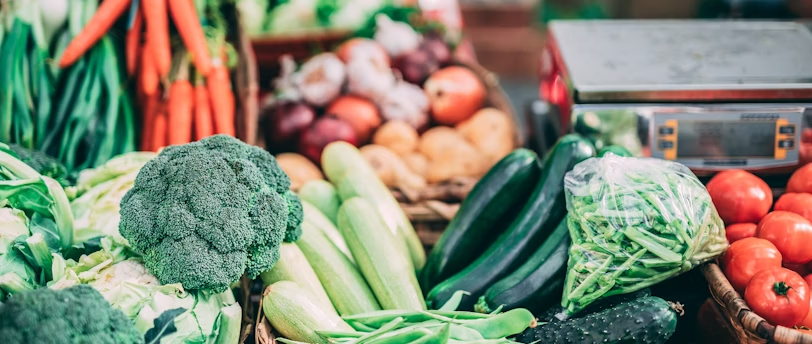Understanding Fiber:
First things first, what exactly is fiber? Fiber is a type of carbohydrate found in plant-based foods that cannot be fully digested by the body. Instead, it passes through the digestive tract largely intact, adding bulk to stool and aiding in the elimination of waste. In simple terms, it's like the broom that sweeps away debris from your pet's digestive system.
Benefits of Fiber:
Now, let's explore the myriad benefits that fiber brings to the table (or rather, the bowl).
- Digestive Regularity: Fiber acts as nature's gentle laxative, promoting regular bowel movements and preventing constipation in our pets. By keeping things moving smoothly through the digestive tract, fiber helps reduce the risk of gastrointestinal issues and discomfort.
- Weight Management: Just like in humans, fiber can play a role in weight management for our pets. High-fiber foods tend to be more filling, which can help prevent overeating and promote satiety. This can be particularly beneficial for pets prone to obesity or weight gain.
- Blood Sugar Regulation: Fiber slows down the absorption of sugar into the bloodstream, helping to stabilize blood sugar levels. This is especially important for pets with conditions like diabetes, as it can help prevent spikes and crashes in blood glucose levels.
Finding the Right Balance:
While fiber is undoubtedly beneficial, it's important to strike the right balance in your pet's diet. Too much fiber can lead to loose stools or gastrointestinal upset, while too little can result in constipation and other digestive issues. The ideal amount of fiber varies depending on factors such as your pet's age, breed, and specific health needs. Consulting with your veterinarian can help ensure your pet's diet provides the appropriate amount of fiber for optimal digestive health.
Incorporating Fiber into Your Pet's Diet:
So, how can you ensure your furry friend gets enough fiber in their diet? Look for pet foods and treats that contain high-quality sources of fiber, such as fruits, vegetables, and whole grains. Additionally, you can supplement your pet's diet with fiber-rich snacks like carrots, green beans, or pumpkin (just make sure to introduce new foods gradually to avoid digestive upset).
Conclusion:
In conclusion, fiber may not be the most glamorous nutrient, but it plays a vital role in keeping our pets' digestive systems running smoothly. By incorporating fiber-rich foods into your pet's diet and consulting with your veterinarian for personalized guidance, you can help support their digestive health and overall well-being. Here's to happy tummies and wagging tails!

